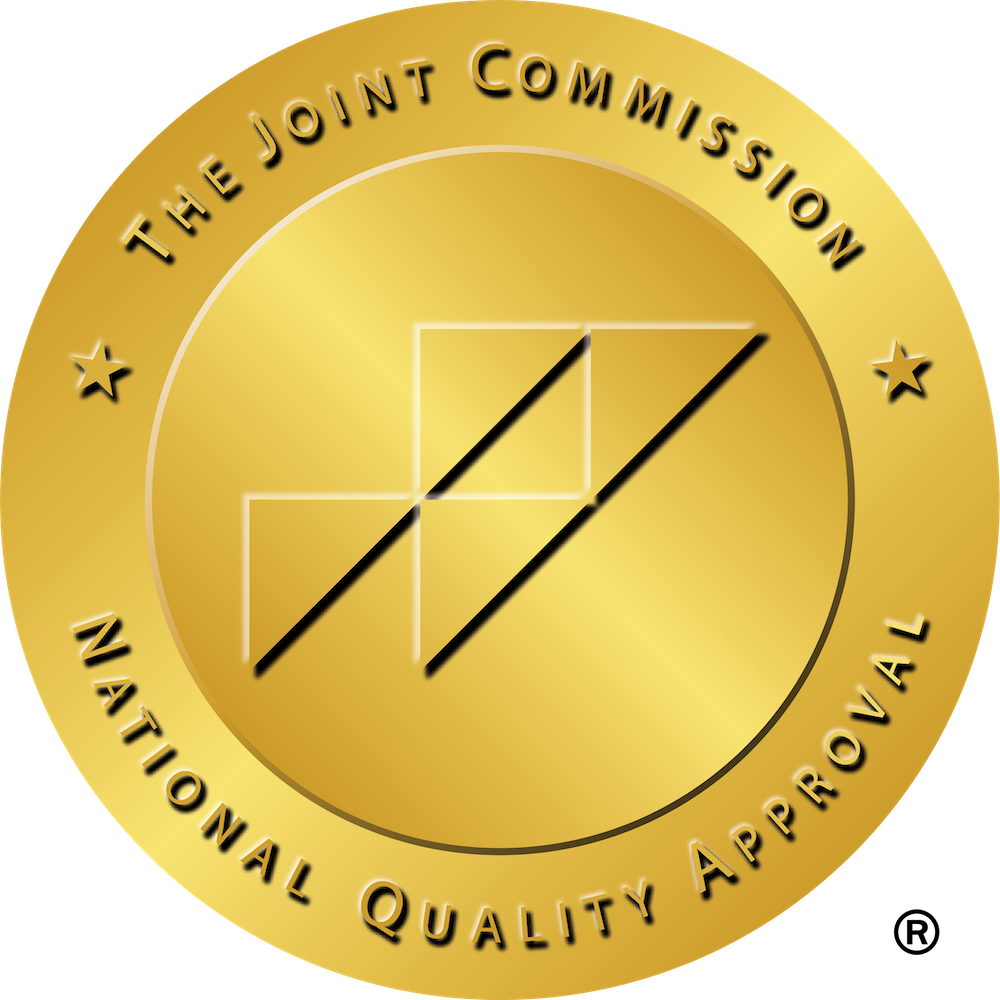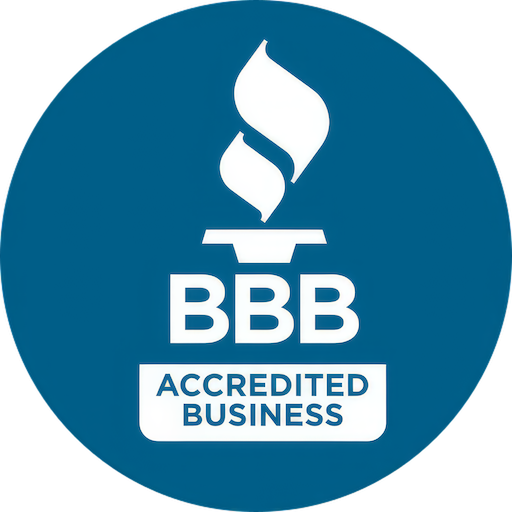Co-occurring disorder programs for teens aged 12–17
Dual Diagnosis Treatment for Teens in Arizona
We Accept Insurance
Treatment tailored to the unique needs of each teen
Effective coping strategies for long-term recovery
Reduces relapse risk through ongoing support
Addressing addiction and mental health issues side by side
Anxiety and depression often manifest as symptoms during alcohol or drug withdrawal. However, they can also be distinct mental health conditions coexisting with addiction. When they show up together, they’re known as co-occurring disorders. Unfortunately, treatment that addresses both issues isn’t as common as it should be. At Avery’s House, we offer a dual diagnosis program specifically designed to simultaneously tackle both addiction and underlying mental health conditions.




Flexible treatment options
A skilled clinician will conduct an in-depth assessment to identify your child’s needs. Based on this evaluation, we’ll determine the most appropriate form of treatment, whether that’s our teen residential treatment program with continuous supervision or a more flexible option, such as our day treatment program. Whatever program is right for your teen, you can rest assured they will get the care and support they deserve.
Residential Program
- Our dual diagnosis residential treatment is a comprehensive program offering 24/7 support and supervision in a safe, home-like environment
Day Treatment
- Less intensive than residential treatment, our partial hospitalization program (PHP) provides more guidance and support than outpatient services
Intensive Outpatient (IOP)
- Designed for those who need more intensive treatment than standard outpatient therapy but prefer to stay at home, this program includes 3–4 weekly sessions
A Haven of Healing and Hope
Dual diagnosis residential treatment
At Avery’s House, we know that adolescence can be a challenging time, especially for those struggling with mental health issues. That’s why we provide specialized, compassionate mental health treatment for adolescents, including those with dual diagnoses.
Our seasoned mental health experts are committed to helping teens recover in a warm, nurturing, home-like environment. We offer comprehensive evaluation, diagnosis, and treatment services tailored to each child’s unique needs.
Because we celebrate diversity and inclusion, we welcome teens from all backgrounds and identities, including those in the LGBTQA+ community. If you or someone you love is looking for a haven of hope and healing, contact us today to learn more about Avery’s House and how we can help.
Signs of teen substance abuse
- Mood swings: Significant mood shifts, such as increased irritability or aggression, may indicate substance abuse
- Social withdrawal or isolation: Sudden decreased connection to family or friends could be a warning sign
- Stealing money or valuables: Missing money or valuables or requests for large sums of money might be a red flag
- Denial: Teens struggling with substance abuse often deny there’s a problem, even when confronted with evidence
- Sleep pattern changes: Major changes in sleep patterns, such as oversleeping or insomnia, are common
- Skipping school, activities, or work: A sudden lack of interest in school, extracurricular activities, or part-time jobs may become apparent
- Increased desire for privacy: If your teen becomes overly secretive or insists on more privacy than usual, it could be a sign they’re using substances
- Suicidal ideation or attempts: Suicidal thoughts or behaviors could be a sign of substance abuse and require immediate attention
30–45% of teens with mental health disorders also have a substance use disorder
What causes adolescent substance abuse?
Teen substance abuse is the result of a complex mix of factors. To understand it better, consider some of the critical risk factors that lead teens toward substance misuse:
- Untreated mental health disorders: Teens struggling with untreated mental health conditions are at a higher risk of abusing substances to cope
- Genetic predisposition: A family history of substance abuse or mental health disorders increases risk
- Early substance use: The younger a teen starts experimenting with substances, the greater the risk of developing substance use problems
- Childhood stress: Prolonged stress in early childhood can contribute to substance abuse during the teenage years
- Trauma or adverse childhood experiences (ACEs): Traumatic childhood events significantly raise the chances of substance misuse
- Social pressure: Peer pressure or the desire to fit in can encourage teens to experiment with drugs or alcohol
Does my child need teenage dual diagnosis treatment?
If you suspect your teenager is suffering from a co-occurring disorder, it’s essential to get professional help. Only qualified mental health professionals, such as clinicians, can diagnose dual diagnosis in teenagers. However, as a parent or guardian, you play a vital role in the process, as you’ll likely be the first to detect changes in your teen’s behavior. Promptly recognizing these signs and getting help as soon as possible is crucial for providing your child the support and care they need.
Avery’s House is one of the best dual diagnosis treatment centers in Arizona, as our team is highly skilled at evaluating and treating these conditions. This team is well-versed in the complexities of co-occurring disorders and the devastating impact they can have on adolescents. We offer a comprehensive approach that simultaneously addresses the mental health condition and any co-occurring issues.
Is Avery’s House the perfect fit for your teen?
It’s difficult to watch your teen face challenges and question whether you’ve found the best support. Our free consultation will help you gain the clarity you need to decide if we’re the right fit for your teen’s growth.
In this consultation, you’ll:
- 🗣️ Talk about your teen’s journey: Share your concerns, and we’ll help you understand what steps can make the most impact.
- 🔍 See how we can help: We’ll explain how our program is designed to support teens like yours through their challenges.
- ✅ Get actionable advice: Leave the consultation with clear next steps to support your teen’s development, no matter what path you choose.
Treatment for dual diagnosis at Avery’s House
Co-occurring disorders severely disrupt one’s ability to manage day-to-day life. Because symptoms are unlikely to get better on their own, seeking professional help is essential.
At Avery’s House, our team of mental health experts works closely with you and your child to set treatment goals and develop a customized plan that addresses their unique needs. Our treatment approach also includes
- Coping skills training for effective symptom management
- Peer groups for mutual support
- Teaching families support strategies to help their loved ones with recovery
- Comprehensive medication management for those who need it
- Life skills training to foster greater independence and self-reliance
- Robust educational support so your teen doesn’t fall behind academically while in treatment
Teen dual diagnosis treatment services
Our teen co-occurring disorder treatment program includes the following services:
- Child psychologists
- Case management
- Acceptance and commitment therapy (ACT)
- Weekly individual sessions
- Dialectical behavioral therapy (DBT)
- Cognitive behavioral therapy (CBT)
- Art therapy
- Pharmacotherapy
Our adolescent co-occurring disorder treatment program accepts insurance
We work with most major insurance providers to help minimize the cost of treatment. Let’s check to see if your provider will cover your teen’s treatment.


